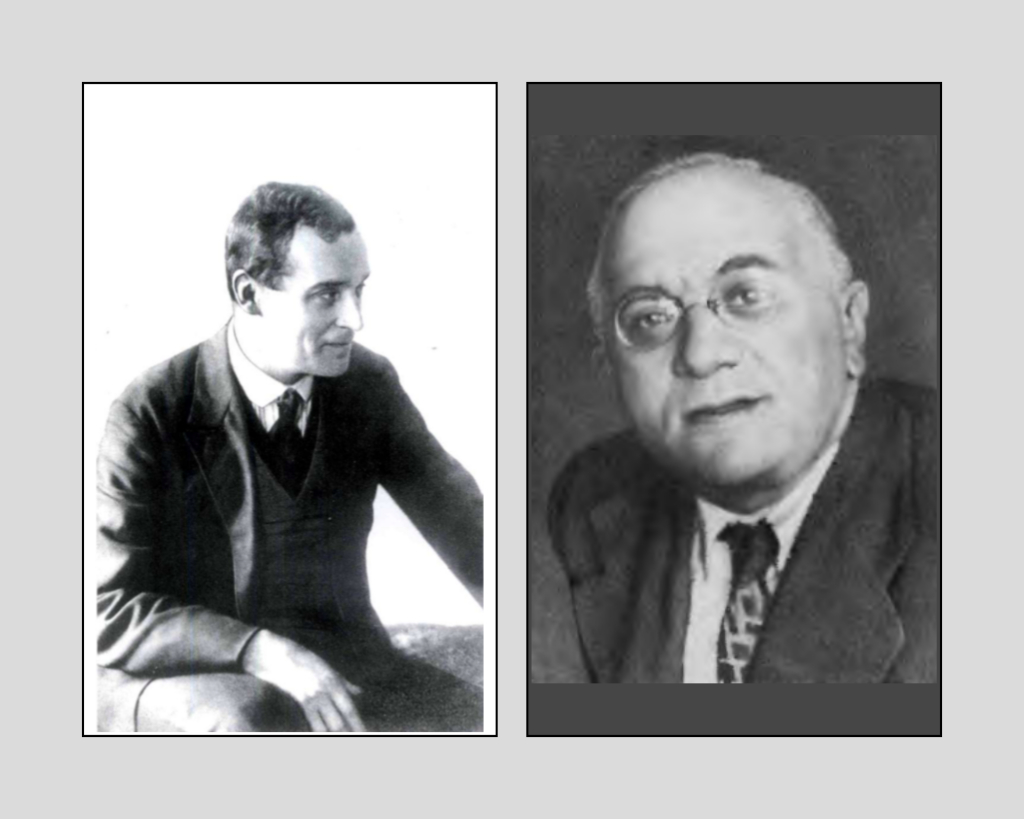This event will be hosted in hybrid format. RSVP to attend in person. Register for the Zoom meeting.
The theme of “identity” has been central to Russian-Soviet literary criticism since the 1920s, emerging within a context of profound historical and political upheavals, but also— and crucially—within a landscape of intense literary and cultural transformation. Scholars and literary critics sought to understand how identity is constructed within literary works and endeavoured to provide a theoretical framework capable of accounting for the complexity of the literary phenomenon and its manifold implications. During the 1920s, key concepts such as “personality“(lichnost’), “literary personality” (literaturnaia lichnost’), “author” (avtor), and “biography” (biografiia) began to take shape, ultimately becoming cornerstones of critical discourse and resonating across literary traditions beyond Russia.
This lecture explores and compares the notion of “personality” in the thought of Grigory Vinokur with the concept of “author” in the theoretical system of Lev Pumpyansky, considering the distinct intellectual backgrounds of the two scholars while also seeking to highlight points of convergence as well as divergence within the broader and richly textured landscape of Russian-Soviet literary criticism.
Giuseppina Larocca is Associate Professor of Russian Language and Literature at the University of Macerata (Italy). She is the author of L’aquila bicipite e il tenero iris. Tracce russe a Firenze nel primo Novecento (1899-1939) (“The Double-Headed Eagle and the Tender Iris: Traces of Russian Culture in Florence (1899-1939)”, Pisa University Press, 2018) and has published articles on Nineteenth and Twentieth Century Russian Prose, Russian Emigration Literature, Russian Intellectual History, Literary Criticism, Italian and Russian Cultural Relationships. She is currently working on a book provisionally titled “Beyond Formalism. Lev Pumpyansky Between Classical Philology and Literary Criticism” (Academic Studies Press, Boston).



